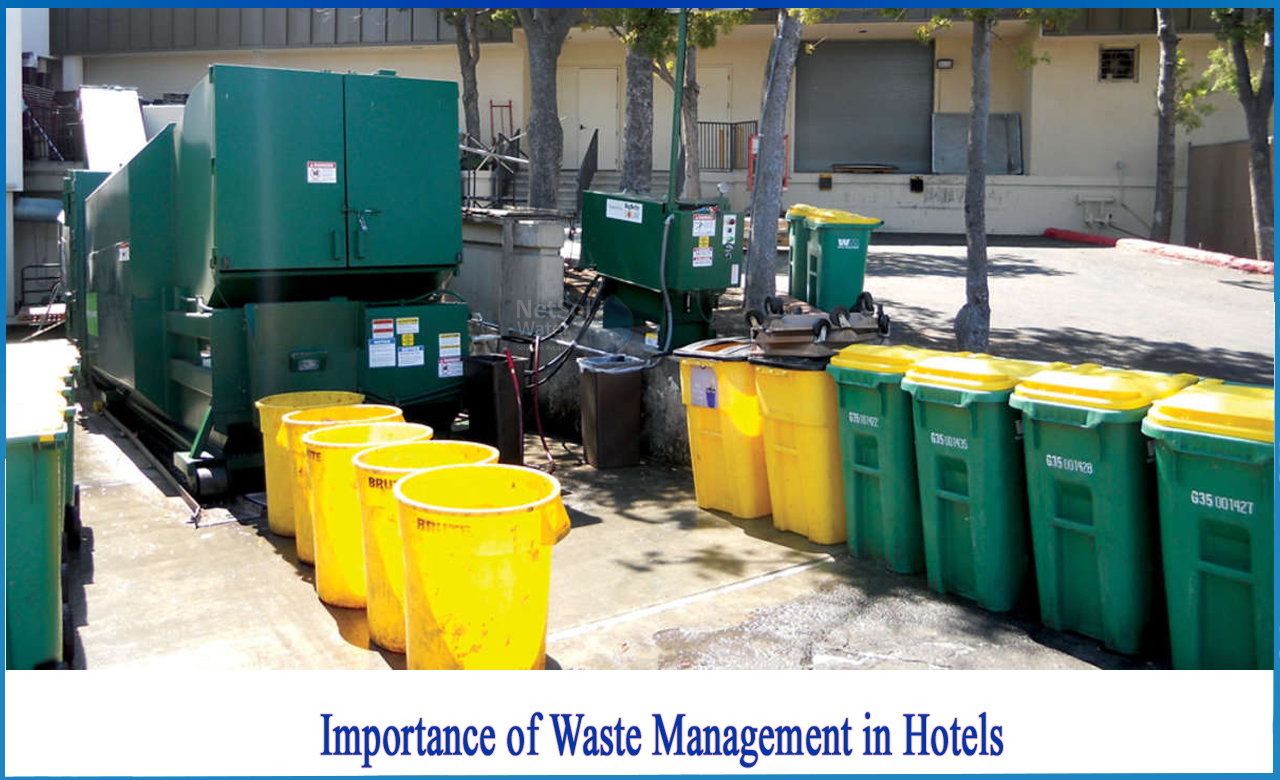Some Known Facts About Reclaim Waste.
Some Known Facts About Reclaim Waste.
Blog Article
Not known Incorrect Statements About Reclaim Waste
Table of ContentsReclaim Waste - QuestionsThe Greatest Guide To Reclaim WasteMore About Reclaim WasteSome Known Details About Reclaim Waste The 20-Second Trick For Reclaim Waste
Domestic sewage waste refers to the waste and items from a household septic container. The correct monitoring and disposal of domestic sewer waste call for liquid waste to be transferred to a sewer therapy plant where the correct approaches and devices are applied to cleanse and dispose of waste.
Business waste usually includes possible dangers, such as flammable products or a combination of liquid and strong waste items, and needs a more innovative and thorough disposal process. The disposal of business waste typically involves the purification of waste prior to transport to make certain safe and proper disposal. Industrial waste is produced from byproducts and overflow of industrial procedures and production.
This kind of waste can not use the exact same sewage monitoring transport or procedures as septic or industrial fluids. The commercial waste administration procedure requires the evaluation and testing of fluid waste prior to it undertakes the disposal procedure (liquid waste disposal melbourne). Drainage waste is the fluid waste that originates from overflow and excess stormwater in extremely booming areas or cities
Drainage waste can trigger contamination and flooding if not taken care of effectively. Making sure appropriate waste management can stop disasters and lower ecological injury.
The Ultimate Guide To Reclaim Waste
Contact PROS Solutions today to discover our waste monitoring and disposal services and the correct methods to take care of the liquid waste you generate.
(https://linktr.ee/leonaube33101)This supposed 'wastewater' is not only a vital source however, after therapy, will certainly be released to our land, rivers or the sea. Made use of water from bathrooms, showers, bathrooms, cooking area sinks, washings and industrial processes is recognized as wastewater.

water used to cool down equipment or clean plant and devices). Stormwater, a form of wastewater, is drainage that streams from agricultural and urban locations such as roof coverings, parks, yards, roads, courses and seamless gutters right into stormwater drains, after rain. Stormwater moves neglected directly to regional creeks or rivers, ultimately reaching the sea.
5 Simple Techniques For Reclaim Waste
In Queensland, a lot of wastewater is dealt with at sewer therapy plants. Wastewater is transported from residential or industrial sites with a system of sewers and pump stations, referred to as sewerage reticulation, to a sewage treatment plant. City governments build, maintain and operate most sewer treatment plants. Operators are certified under the Environmental Management Act 1994 to release treated wastewater at an acceptable ecological criterion into waterways.
The Department of Natural Resources recommends city governments about managing, operating and maintaining sewage systems and treatment plants. In unsewered locations, city governments might require householders to mount individual or family sewage treatment systems to treat domestic wastewater from commodes, kitchens, washrooms and laundries. The Division of Natural Resources authorizes making use of family systems when they are proven to be effective.
A lot of stormwater receives no treatment. In some brand-new communities, treatment of some stormwater to eliminate clutter, sand and gravel has actually started making use of gross pollutant catches. Wastewater treatment takes place in 4 stages: Removes strong matter. Bigger solids, such as plastics and other things incorrectly discharged to sewage systems, are removed when wastewater is gone through displays.
Uses little living organisms knows as micro-organisms to break down and remove staying dissolved wastes and fine fragments. Micro-organisms and wastes are included in the sludge.
Things about Reclaim Waste
Nutrient removal is not offered at all sewer therapy plants because it requires costly specialist equipment. Clear fluid effluent generated after therapy may still consist of disease-causing micro-organisms - industrial wastewater treatment.

This typically implies wastewater has actually to be treated or pollutants gotten rid of prior to it can be discharged to rivers. Many wastewater flows right into the sewage system. Under the Act, city governments provide authorizations and licences for eco pertinent activities find more (Ages) involving wastewater launches that could have a local impact. The department administers approvals and licences to Periods including wastewater launches that could have a regional or statewide influence.
Reclaim Waste Can Be Fun For Anyone
Or else, samples are considered lab evaluation. Typically many examinations are required to develop the levels of each of the different pollutants such as oils, heavy metals and pesticides in water. Surveillance provides factual info concerning water quality and can confirm that permit conditions are being satisfied. The details acquired via surveillance provides the basis for making water top quality decisions.
Report this page